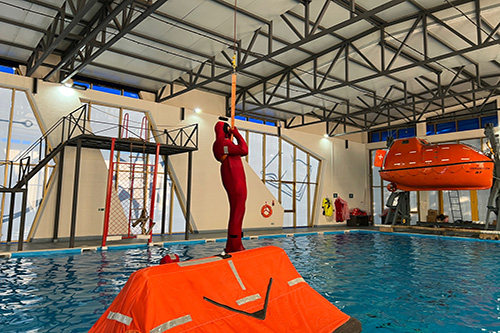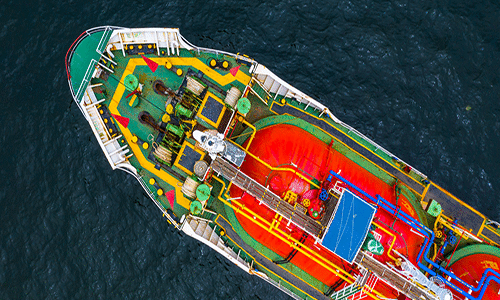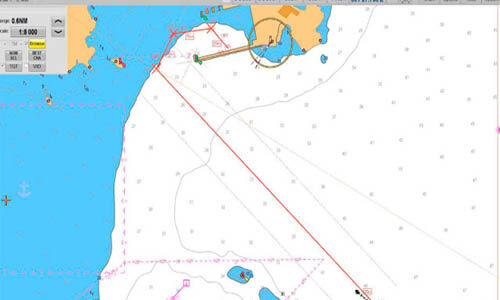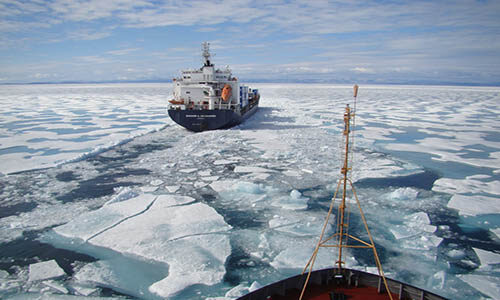Training Program covers the requirements of the STCW Convention.
Passing the Theoretical part of training program, trainee must:
- Be familiar in different emergency situations like: collision, grounding, fire and etc.;
- Be familiar in different life-saving;
- Be familiar in collective life-saving appliances and its location on board;
- Be familiar to person life-saving appliances;
- Be familiar in sea survival techniques;
- Be familiar in rescue operations with helicopter;
- Be familiar in different distress signals.
Passing the Practical part of training program, trainee must:
- Be able to do the life-jacket and immersion suit;
- Be able to safe jump from the high at least 4.5 m wearing life-jacket and immersion suit;
- Be able to done life-jacket or immersion suit and invert capsized life-raft;
- Be able to swim with a life-jacket or immersion suit;
- Be able to board the life raft after inverting to the right position;
- Be able to make first surviving action after boarding the life-saving appliance;
- Be able to use sea anchor;
- Be able to use emergency equipment
- Be able to use emergency radio equipment (EPIRB, SART), portable radio stations (VHF).
In order to enter into the presented training program, trainee must represent:
- Certificate of Competency, Education Certificate or Certificate of Proficiency;
- Seamen’s book or Civil passport or ID;
- Medical Certificate or medical certificate form 100(for coastal water area seafarers’).
| Duration | 16 hours |
| language | English |
| Students | 1-6 |
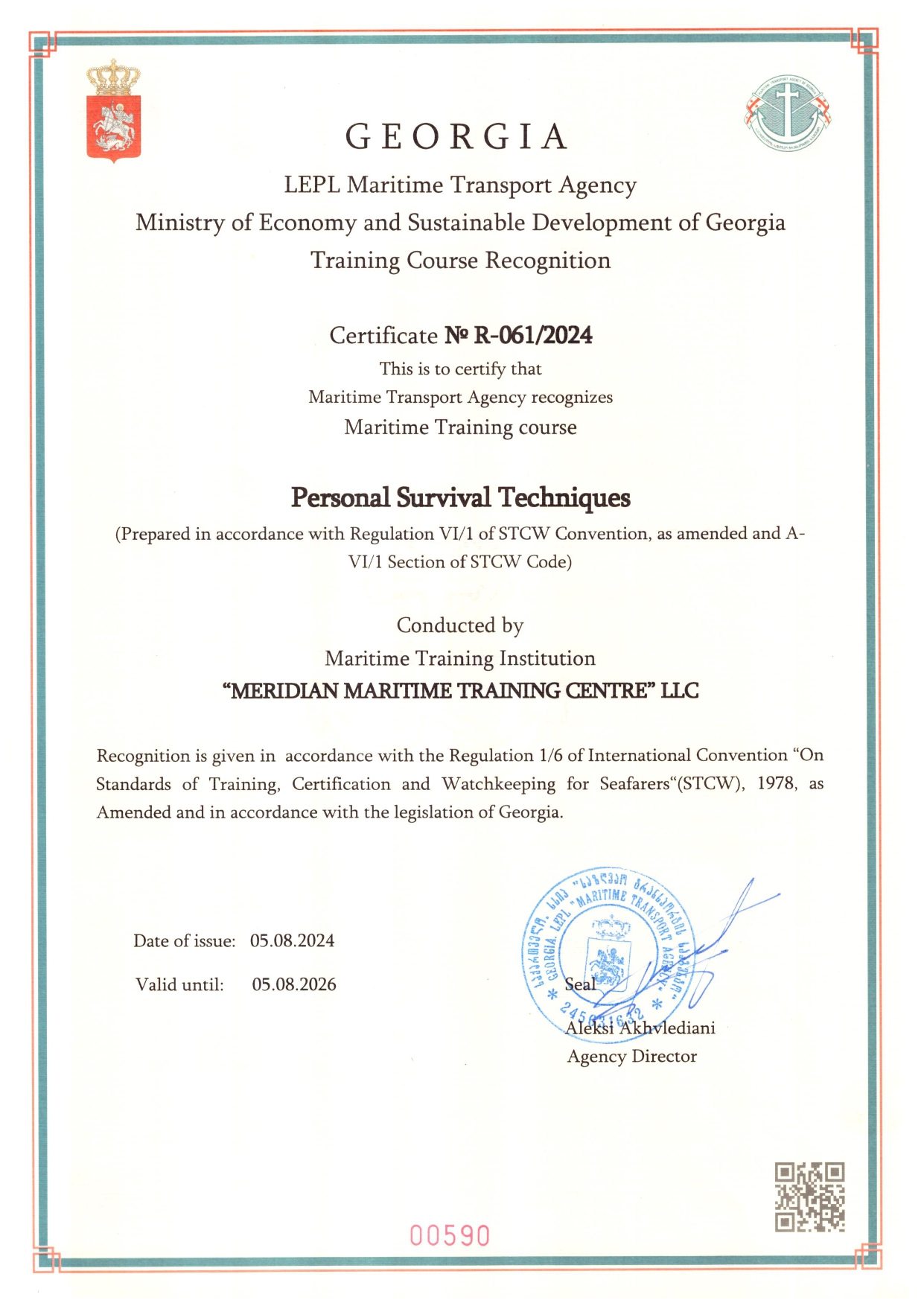
Course Features
- Lecture 0
- Quiz 0
- Duration 30 hours
- Skill level All levels
- Language English
- Students 0
- Assessments Yes


